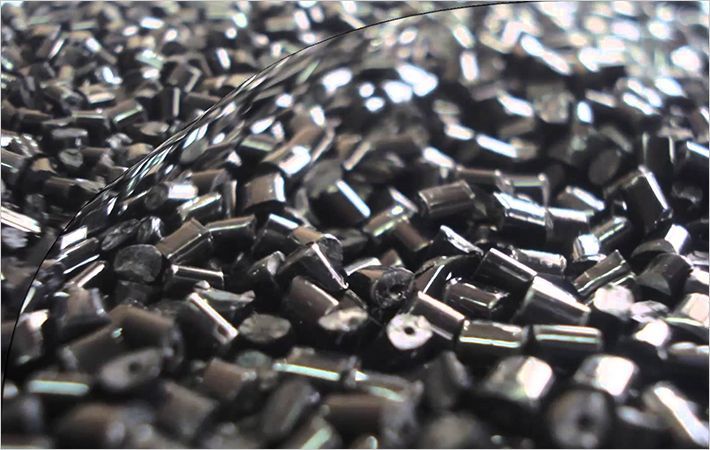The flight simulation industry demands light, mobile and structurally resistant components of precise dimensions that resist induced vibrations.
The flight simulation industry demands light, mobile and structurally resistant components of precise dimensions that resist induced vibrations. #
Weight reduction is critical as it provides improved modal performance as well as a reduced life cycle cost when running the simulator on the motion system.
The flight simulation industry demands light, mobile and structurally resistant components of precise dimensions that resist induced vibrations. #
Using high-performance sandwich core materials addresses both these issues. Leading simulation systems integrator L-3 Link Simulation & Training’s Reality 7 flight simulators undergo a lot of shake and rattle as they perform many dynamic movements during flight. They must also correctly simulate the experience of turbulence. Moreover, a trainee pilot shouldn’t be disturbed by any external noises, which puts extra demands on the building material.
The flight simulation industry demands light, mobile and structurally resistant components of precise dimensions that resist induced vibrations. #
Four party collaborative design process
UK’s Composite Moulding Specialist, Norco GRP Limited, began working with L-3 in 2011. The objective was to develop a new design concept for the Reality 7 flight simulator, keeping the aesthetics as close as possible to the original, whilst lowering the production cost. Following an extensive four party collaborative design stage, involving Engenuity, Rockwell Collins and L-3, Norco was awarded the manufacture contract in October 2012.
The flight simulation industry demands light, mobile and structurally resistant components of precise dimensions that resist induced vibrations. #
Divinycell for exceptional weight saving
The primary task for Norco was to develop the main mirror bowl, spanning 5 meters and supporting the entire visual system. After more than ten years of cooperation with DIAB, the choice of core material was agreed and DIAB provided Norco with a pre-cut Divinycell Kit that could be fitted directly into the mould, saving valuable production time and material waste. Using a combination of UD carbon fiber and glass fiber prepreg, combined with DIAB’s lightweight foam core, Norco was able to save around 300kg, allowing the canopy to weigh in at just 135 kg.
The flight simulation industry demands light, mobile and structurally resistant components of precise dimensions that resist induced vibrations. #
Kit solutions add extra value
“We have worked in partnership with Norco for many years”, says Keith Evans, Managing Director at DIAB UK. “Our cooperation began, as usual, with on-site technical advice and project discussions with support and recommendations. The fact that we back up our product offering with cost effective kit solutions and value-added services, adds extra value to our customers.”
The flight simulation industry demands light, mobile and structurally resistant components of precise dimensions that resist induced vibrations. #
Overall, the Reality 7 simulator’s design development process to prototype took 18 months. Norco delivered the first Reality 7 simulator to L-3 in March 2013 and it is currently working on unit number four of a contract for 24 units in total.
The flight simulation industry demands light, mobile and structurally resistant components of precise dimensions that resist induced vibrations. #
Diab Group

